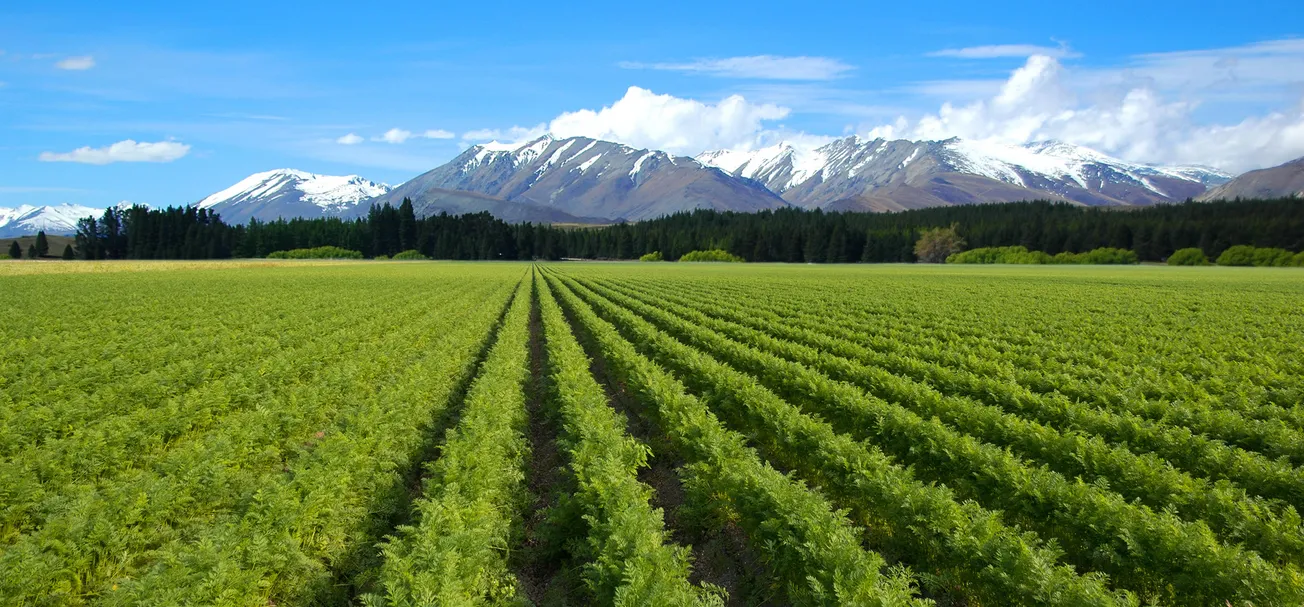Table of Contents
Press Release:
Andy Loader
Co-Chairman P.L.U.G.
Primary Land Users Group.
The aim (copied below) of the agreement is:
“to decrease global warming described in its Article 2, “enhancing the implementation” of the UNFCCC through:[11]
(a) Holding the increase in the global average temperature to well below 2 °C above pre-industrial levels and to pursue efforts to limit the temperature increase to 1.5 °C above pre-industrial levels, recognizing that this would significantly reduce the risks and impacts of climate change;
(b) Increasing the ability to adapt to the adverse impacts of climate change and foster climate resilience and low greenhouse gas emissions development, in a manner that does not threaten food production;
(c) Making finance flows consistent with a pathway towards low greenhouse gas emissions and climate-resilient development.”
As can plainly be seen in part (b) of the Paris Agreement as copied above, one of the important parameters of the agreement’s aims was to ensure there was no threat to food production from the ability to adapt to the adverse impacts of climate change.
Yet here we are in New Zealand with our government making changes under both climate change obligations and also in relation to local water quality in our waterways, which are going to have a direct impact on and threaten the food production cycle in our country.
The Paris Agreement recognised that food production was of vital importance, and with the growing world population was only going to develop a greater importance, that it needed to be protected from threats related to climate change mitigation actions.
Ministers in the present government have stated that this is not a particular issue that requires specific attention in any of these legislative and quality standard changes that they are making, as we can just import enough fresh fruit and vegetables to replace any local produce that is no longer grown here due to the effects of these changes.
Certainly looks like the NIMBY (not in my back yard) syndrome at work, to me, we are just exporting the problems to overseas jurisdictions at the expense of the global environment.
So although the parties to the Paris Agreement recognised the vital importance of security of food supply, our coalition government knows better and believes that we should make changes to improve both our effects on both climate change and water quality as soon as possible so that we can make a difference and to use their words “lead the world” in improving man-made influences on climate change.
We will do this and rely on other countries to provide the food security that we should be providing for our nation.
In my opinion, this is a very strange way to go about complying with your obligations as government for the population of New Zealand. This may be a great way to try and get attention on the world stage but to my mind, it is a total dereliction of responsibilities to the voters of New Zealand.
Even worse than that if you view the results of this decision making (reduction in primary food production) in a global sense then you see that where New Zealand farmers are producing export products that are landed in overseas countries with a very small environmental footprint, those NZ export products will be replaced with products which are produced in most cases, with very much greater environmental footprint.
In actual fact, we are trying to look good on the world stage when in reality with adequate analysis it can easily be seen that by reducing the primary production within NZ, on a global scale the result is much worse for the environment.
We do have obligations under the Paris Agreement of which we were a signatory, but these don’t require us to sacrifice our own food security or bankrupt our population.
We need to take action but it needs to be realistic and achievable as well as effective and a great template for that action is the sustainability requirements of the Resource management Act 1991 section 5:
“The purpose of this Act is to promote the sustainable management of natural and physical resources.
Sustainable management means:
Managing the use, development, and protection of natural and physical resources in a way, or at a rate, which enables people and communities to provide for their social, economic, and cultural well-being and for their health and safety while—
(a) sustaining the potential of natural and physical resources (excluding minerals) to meet the reasonably foreseeable needs of future generations; and
(b) safeguarding the life-supporting capacity of air, water, soil, and ecosystems; and
(c) avoiding, remedying, or mitigating any adverse effects of activities on the environment.”









